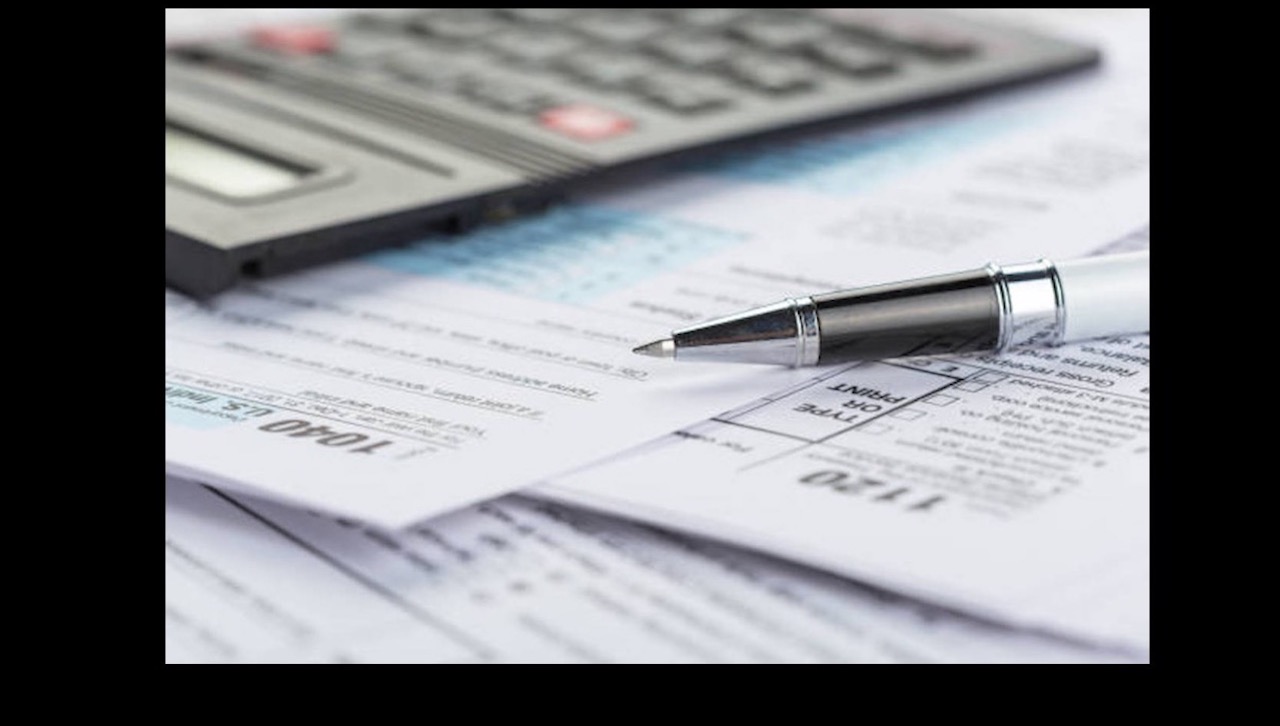University VITA Program to Close for Tax Season

The University of Scranton will stop accepting new clients though the Volunteer Income Tax Assistance (VITA) program on Thursday, Mar. 25, so students volunteering with the program have the time needed to complete their course requirements and prepare for final examinations.
The accounting students will assist area residents with filing their federal, state and local tax returns whose information is received prior to the cut-off date.
Because of the pandemic, the University has developed a contactless process for assisting residents who qualify for the free tax assistance program. Residents of Lackawanna and Wayne counties with household incomes of $57,000 or less for 2020 can provide the information needed to complete tax forms in a secure “drop-off box” located in the University Police Department, 820 Mulberry Street, Mondays through Thursdays between 8:30 a.m. and 4:30 p.m. until Mar. 25. Forms will be processed remotely by University student volunteers. Clients will be contacted by phone or email with any questions and when their tax forms have been filed electronically. The documents provided, or copies of documents if originals were needed for filing, will be then returned to participants.
The documents needed for filing tax forms include:
- name, email and phone number;
- a copy of the taxpayer’s driver’s license (and spouse’s if applicable);
- a copy of Social Security cards for the taxpayer, the spouse, and any dependents;
- all Wage and earning statements, including, but not limited to:
- Form W-2 (employees);
- W-2G (gambling winnings);
- 1099-R (retirement withdrawals);
- 1099-Misc, 1099-NEC(miscellaneous income) and any related expenses;
- 1099-G (unemployment income);
- 1099-SA (Social Security statement);
- 1099-B (sales of stock);
- interest and dividend statements from banks (Forms 1099-INT and 1099-DIV);
- a copy of last year’s federal and state returns, if available;
- a voided check for proof of bank account routing and account numbers for direct deposit;
- forms 1095-A, B and C, health coverage statements;
- any information pertinent to deductions and credits the taxpayer may be eligible for, such as:
- 1098-T for anyone on the tax return who attended a higher education institution during 2020;
- totals paid to daycare providers and the daycare provider's tax identifying number such as their Social Security number or business Employer Identification Number, name, and address;
- for those who qualify for a property tax or rent rebate (age 65 and older, a widow/widower, disabled, and within certain income limits), copies of property tax receipts for any property taxes paid during the 2020 tax year;
- list of charitable donations;
- note if you received the first stimulus payment? (spring of 2020) $1,200/taxpayer-spouse and $500 for each qualifying child;
- also note if you received the economic impact payment? (late 2020 or early 2021) $600/ taxpayer-spouse and each qualifying child.
Residents with questions may call the University at 570-941-4045.
University students have participated in the VITA program for more than 30 years.






